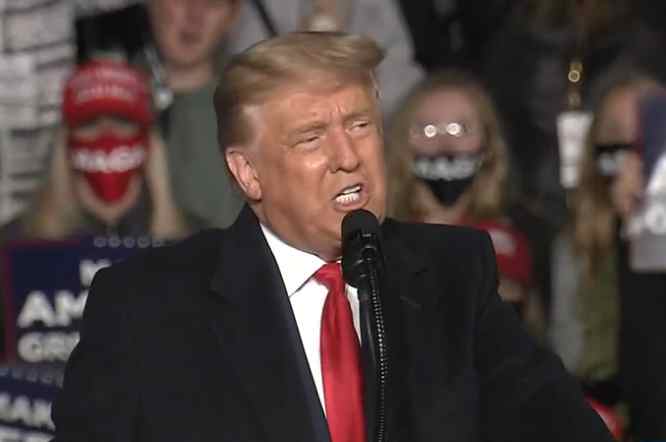The U.S. House Judiciary Committee is set to vote Thursday on whether to authorize subpoenas to a dozen current and former Trump administration and campaign officials as part of its investigations into the 2016 election and the separation of families at the border with Mexico.
Democrats who lead the committee have expressed frustration at what they say is a lack of cooperation from the White House and federal agencies in response to the committee’s requests to interview officials and obtain documents.
But President Donald Trump rebuked the lawmakers on Twitter as the congressional panel moved toward a vote.
The White House has directed some officials, such as former counsel Donald McGahn, not to answer the committee’s questions, as Republicans accuse Democrats of dragging out investigations and wasting lawmakers’ time.
Trump has lodged numerous complaints about investigations into his administration and continued Wednesday with a tweet saying, “The Dems Witch Hunt continues!”
The Judiciary Committee announced Tuesday it would be voting on granting Chairman Jerrold Nadler authorization to subpoena Trump senior adviser Jared Kushner, former National Security Adviser Michael Flynn, former White House Chief of Staff John Kelly, former Attorney General Jeff Sessions and former Deputy Attorney General Rod Rosenstein.
The list of 12 people also includes former Trump campaign chief Corey Lewandowski and David Pecker, the head of National Enquirer publisher American Media Inc., which made hush money payments during the 2016 presidential campaign to a woman who alleged having an affair with Trump.
The committee said the documents and testimony it seeks relate to “the Trump administration’s ‘zero tolerance’ policy and other family separation policies and practices; detention of children and families; and discussions about or offers of presidential pardons to Department of Homeland Security officials or employees.”
Treatment of migrants at the southern U.S. border has been a prominent issue throughout Trump’s presidency and gained greater focus this year with an unprecedented level of children and families entering the United States without papers.
Last week, the DHS inspector general issued a report expressing concern about overcrowding at migrant detention facilities and about people being held there for prolonged periods of time. Trump has dismissed criticisms of his administration’s handling of the situation, saying on Twitter that if migrants are unhappy with conditions, “just tell them not to come.”
The committee is also interested in learning more about “obstruction of justice, public corruption and other abuses,” involving the president and his associates.
Mueller led a nearly two-year investigation into Russian interference in the 2016 election and allegations that Trump obstructed justice by trying to shut down the probe.
He issued a report, a redacted version of which was made public in April, that concluded the Trump campaign had not colluded with Russia during the election. Mueller did not explicitly state that Trump obstructed justice, but said the evidence uncovered during the investigation also did not exonerate the president.
Mueller is scheduled to testify before the Judiciary Committee and the House Intelligence Committee next week.
[content id=”79272″]
Nadler said in a statement he is open to not taking the step of trying to use subpoenas to compel cooperation with his committee if the panel gets the information it seeks voluntarily.
“For months, we have held hearings and sent letters to the agencies of jurisdiction involved with implementing a catastrophic and inhumane family separation policy at the Southern border. Many questions remain and it is past time for a full accounting of this policy and practice,” Nadler said. “The Committee will also move forward with our efforts to request information from critical witnesses as part of our ongoing investigation into obstruction, corruption and abuse of power by the President and his associates.”
The top Republican on the committee, Rep. Doug Collins, called the subpoena effort “unimpressive and unproductive.”
“Even if Chairman Nadler still believes subpoenas are conversation starters, it’s hard to imagine this handful of subpoenas will do anything but reinforce the principal conclusions we’ve been able to read about for months,” Collins said.
Source: VOA






